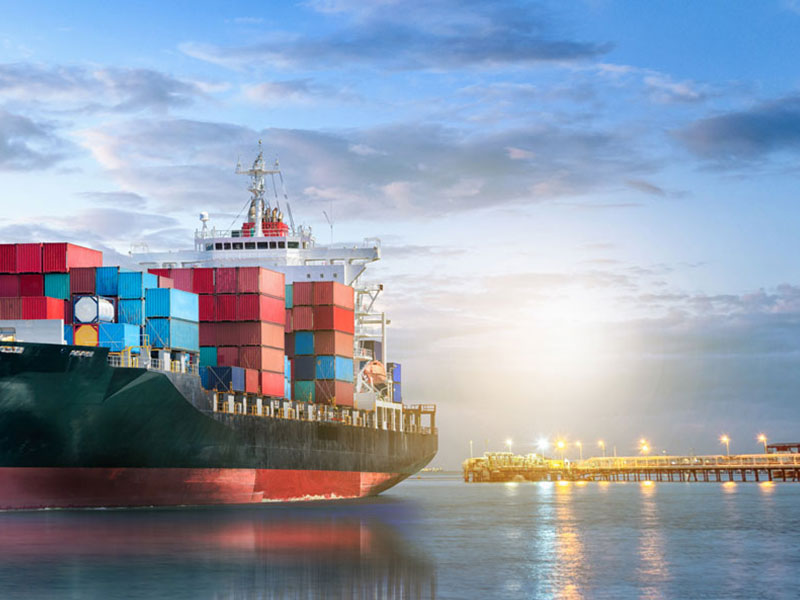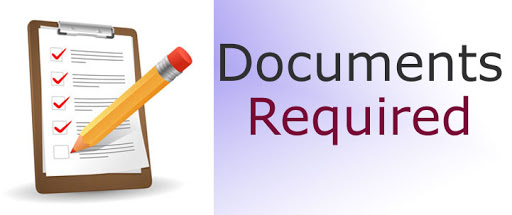- By TOP CHINA FREIGHT
- September 18, 2025
- Shipping
Table of Contents
When businesses source products internationally, understanding how to get a reliable freight quote from China becomes crucial. Importers often face questions about shipping costs, customs fees, and delivery times. Without clarity, unexpected expenses can disrupt supply chains. This guide explains how to request accurate freight quotes, what factors affect pricing, and the best techniques to optimize your shipping budget.

What is a freight quote from China?
A freight quote from China is an estimated cost provided by a freight forwarder for transporting goods from a Chinese supplier to your destination. It usually includes charges for shipping, handling, customs clearance, and sometimes last-mile delivery. Importers rely on freight quotes to plan budgets, compare transport modes, and avoid delays.
Typically, a quote covers:
- Freight cost (sea, air, rail, or courier)
- Customs documentation and clearance fees
- Port handling and terminal charges
- Optional services like insurance and door-to-door delivery
An accurate quote ensures that your landed cost is predictable, making it easier to set final product pricing and maintain profit margins.
How do shipping methods affect your freight quote?
Shipping method selection has the largest impact on a freight quote from China. Each mode offers trade-offs in cost, transit time, and capacity.
| Shipping Method | Average Cost | Transit Time | Best For | Pros | Cons |
|---|---|---|---|---|---|
| Sea Freight (FCL) | $2,000–$4,500 per 40ft container | 25–40 days | Bulk cargo | Cheapest per unit, high capacity | Long transit time |
| Sea Freight (LCL) | $80–$120 per CBM | 30–42 days | Small shipments | Flexible, cost-sharing | Higher destination charges |
| Air Freight | $5–$10 per kg | 5–10 days | Urgent cargo | Fast, reliable | Expensive |
| Rail Freight | $4,000–$7,000 per container | 15–25 days | Europe routes | Faster than sea, eco-friendly | Limited destinations |
| Express Courier | $7–$15 per kg | 3–7 days | Small parcels | Door-to-door, very fast | High cost |
Why do freight quotes from China vary so much?
Heavier or bulkier cargo costs more.
Terms like FOB, CIF, or DDP define who pays for transport and customs.
Oil price changes directly affect freight costs.
Peak seasons like Chinese New Year or Q4 holidays raise rates.
Popular routes cost less than remote or inland destinations.
Tariffs differ by country and product type.
How to request an accurate freight quote from China
Importers often face underquoted estimates that later reveal hidden charges. To avoid this, follow these steps:
Provide complete shipment details
weight, dimensions, HS code, and packaging.
Specify Incoterms clearly
clarify FOB, EXW, or DDP responsibilities.
Choose delivery terms
port-to-port, door-to-port, or door-to-door.
Confirm additional services
insurance, warehousing, or customs brokerage.
Request itemized costs
ensure clarity on freight, handling, and clearance.
By supplying precise information, you ensure that your freight quote from China reflects the actual cost, minimizing surprises.
What documents are needed when shipping from China?

Accurate documentation ensures smooth customs clearance and avoids delays. A freight forwarder typically requests:
| Document | Purpose | Who Prepares It |
|---|---|---|
| Commercial Invoice | Details goods and value | Supplier |
| Packing List | Itemized cargo breakdown | Supplier |
| Bill of Lading (B/L) or Air Waybill | Proof of shipment | Carrier/Forwarder |
| Certificate of Origin | Confirms manufacturing country | Chamber of Commerce |
| Import License (if required) | Approval to import specific goods | Importer |
| Insurance Certificate | Covers cargo risk | Insurer |
Should you choose FCL or LCL shipping?

Sea freight importers often compare Full Container Load (FCL) and Less than Container Load (LCL).
| Criteria | FCL | LCL |
|---|---|---|
| Cost | Cheaper for >15 CBM | Cheaper for <15 CBM |
| Speed | Faster (no consolidation) | Slower (consolidation delays) |
| Risk | Less handling, safer | More handling, higher risk |
| Flexibility | Suits large orders | Suits small orders |
FCL is ideal for consistent, high-volume importers, while LCL benefits small or irregular shipments.
How does customs clearance affect freight quotes?
Customs clearance is an essential part of every shipment. While forwarders include basic fees in your freight quote from China, importers remain responsible for duties and taxes. Costs depend on:
- Product HS code classification
- Import country’s tariff structure
- Additional inspections or compliance checks
For example, an importer bringing electronics to the U.S. must budget for anti-dumping duties, FCC certification, and customs brokerage fees. A well-prepared forwarder can prevent unnecessary storage and demurrage charges.
Case Study: Reducing freight costs with better planning

A U.S. furniture importer regularly faced high shipping expenses due to last-minute bookings. After consulting a professional forwarder, they implemented early space reservations and switched from air freight to FCL sea freight for non-urgent cargo.
Results:
- Freight costs reduced by 35%
- Improved delivery predictability
- Avoided seasonal rate spikes
This example shows how importers can significantly cut costs with advanced planning and strategic mode selection.
How to negotiate better freight quotes from China
While base rates are carrier-driven, importers can still reduce costs by:
- Booking early, especially during peak seasons
- Consolidating shipments to maximize container usage
- Partnering with reliable freight forwarders for contract rates
- Choosing flexible delivery dates to avoid surcharges
- Comparing multiple quotes before committing
These steps can lower overall shipping costs while ensuring service reliability.
What are the pros and cons of each freight option?
| Mode | Pros | Cons |
|---|---|---|
| Sea Freight | Low cost, high volume | Long transit, slower clearance |
| Air Freight | Speed, reliability | High cost, weight limits |
| Rail Freight | Balanced cost & speed | Limited to Europe, less flexible |
| Courier/Express | Fast, simple customs | Unsuitable for large shipments |
Therefore, businesses should align transport choices with order size, urgency, and budget.
Conclusion
Getting an accurate freight quote from China is the first step toward smooth and cost-effective international trade. By understanding shipping methods, customs procedures, and negotiation strategies, importers can avoid hidden costs and delays. Whether you choose sea, air, or rail, accurate information and early planning are key to controlling your supply chain expenses.
Need a Shipping Quote?
If you want expert guidance and peace of mind, our team is ready to assist.
TJ China Freight offers tailored solutions to help businesses of all sizes ship more reliably from China.

FAQ
Q1:Can I request multiple shipping options in one freight quote?
Yes. You can request sea, air, and rail rates in a single quotation. This allows you to compare costs and timelines before finalizing your decision.
Q2:Do freight quotes from China include customs duties?
Typically, no. Most quotes exclude customs duties and taxes, which vary by product type and destination country. Importers must budget separately for these charges.
Q3:Is it possible to lock in a freight quote from China for several months?
Rates fluctuate often due to fuel costs and demand. While some forwarders offer fixed contracts, most quotes are valid for 2–4 weeks only.
Q4:What hidden charges should I watch for in freight quotes?
Importers should check for destination handling charges, storage fees, and documentation costs. These are sometimes excluded from initial quotes.
Q5:Can I ship personal items with a freight quote from China?
Yes, but personal shipments may require additional documentation, and customs clearance could be more complex compared to commercial imports.
